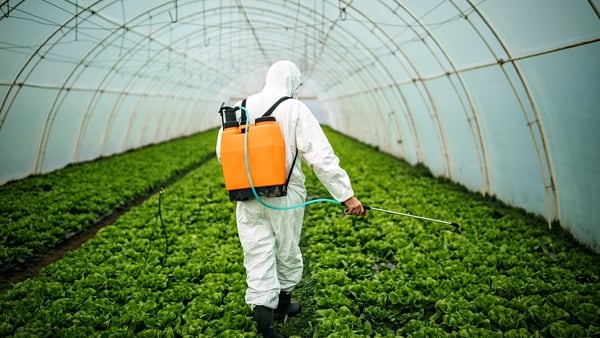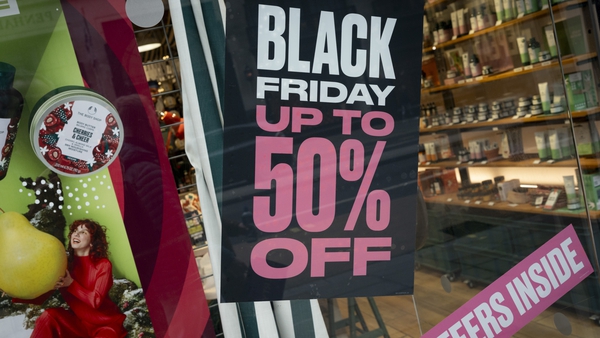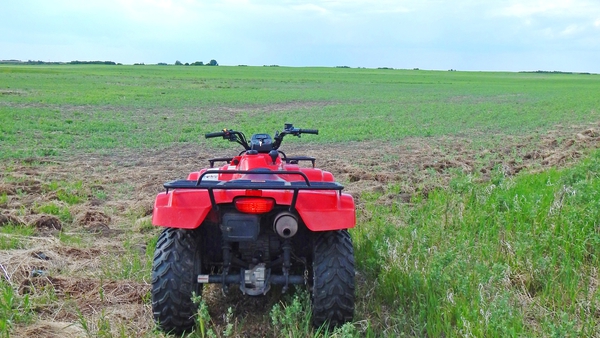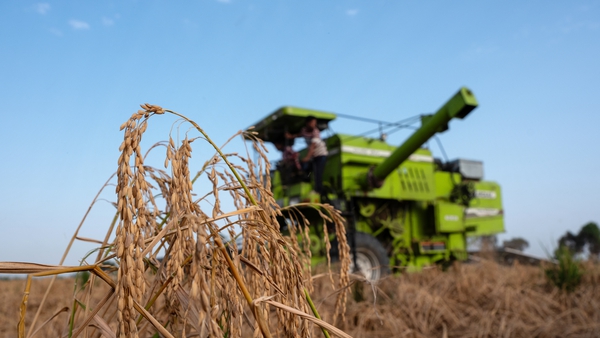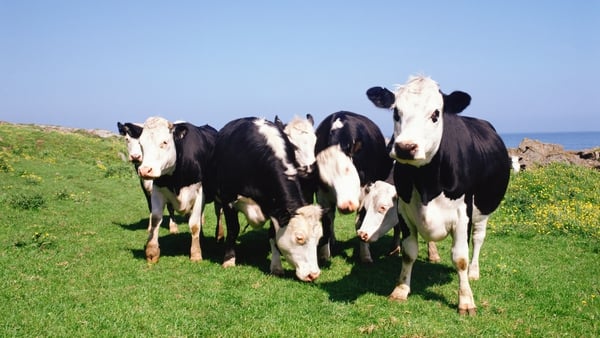The European Commission is set to renew the approval of the use of the herbicide glyphosate in the EU for a period of ten years.
The development comes after member states failed to agree to either renew or reject a commission proposal allowing the continued use of glyphosate for another decade.
Member states on an EU appeals committee voted this morning, but a qualified majority either way was not achieved.
Under the rules, if the appeal committee reaches no decision, the proposal reverts back to the commission for a decision.
In a statement this morning, the commission said it is obliged to adopt a decision before 15 December when the current approval for glyphosate runs out.
It said that based on comprehensive safety assessments carried out by the European Food Safety Authority and the European Chemical Agency it will "now proceed with the renewal of the approval of glyphosate for a period of ten years".
Glyphosate is the most widely used herbicide in the world and is used extensively in Ireland in agriculture.
It is also used in parks, playing fields, golf course and domestic gardens.
The European Food Safety Authority said in July there were no critical areas of concern over its impact on humans, animals and the environment.
However the World Health Organization has classified the herbicide ass "a probable human carcinogen."
Mixed reaction
In a social post, Green Party MEP Grace O' Sullivan said she is "more than disappointed to hear that the commission will approve the use of glyphosate for another 10 years".
"This weedkiller is being spread around school grounds, roads and communities all around Ireland and it is having an impact on human health and nature. The entire commission case for renewing this harmful chemical is a report that found 'no critical area of concern' for renewing glyphosate," Ms O'Sullivan added in a statement.
"That same report found a 'high long-term risk to mammals' in a majority of cases. It also failed to take any biodiversity considerations into mind, at a time of collapsing pollinator populations.
"These are 'critical areas of concern' if you ask me. The reservations of many member state governments in approving this weedkiller are clear however, somewhere down the line glyphosate will be banned once and for all."
However, the Irish Farmers Association have given the news a cautious welcome.
National Grain Chairman Kieran McEvoy said products cannot be removed from use for no reason.
"This morning is a welcome step forward, but it’s still disappointing people did not vote to approve it at committee," Mr McEvoy said.
"We have to trust the science here, not hysteria. We cannot have products removed for hysteria and we feel confident the European Commission will go ahead with the approval."
He said farmers accepted the removal of hazardous chemicals in the past few years, when they were proved to be dangerous, adding that no farmer wants to use dangerous products for their own sakes or the sake of workers and customers.
Renewal based on studies
The commission's renewal of glyphosate is based on studies carried out by the European Food Safety Authority and the European Chemicals Agency.
In a statement the commission said: "The assessment made by EFSA on the impact of glyphosate on the health of humans, animals and the environment did not identify critical areas of concern that would prevent a renewal"
It added that this latest scientific assessment took over four years to complete and involved the screening of more than 1,6000 published studies, which were whittled down to 780 relevant publications.
A public consultation also took place, during which 300 additional studies were brought to the attention of EFSA.
The commission also pointed out that member states must decide themselves if they will approve a herbicide for use and are responsible for national authorisation of plant protection products.


